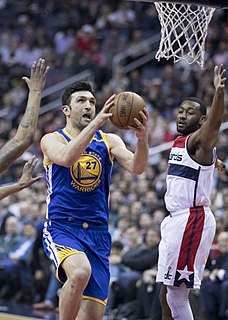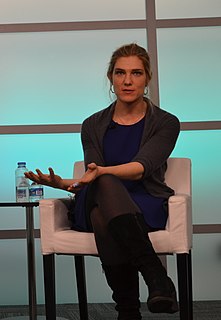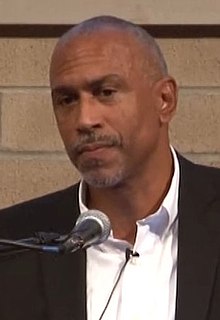A Quote by David C. Driskell
I established relationships with so many of those Iran students that went on for years.And they were so different from American students. They seemed to worship their teachers. The professors were major to them. They wanted to give gifts, and you'd have to say, oh, no, no, you can't do that.
Related Quotes
Public education for some time has been heavily focused on what curricula we believe will be helpful to students. Life-Enriching Education is based on the premise that the relationship between teachers and students, the relationships of students with one another, and the relationships of students to what they are learning are equally important in preparing students for the future.
Some conservatives have expressed outrage that the views of professors are at odds with the views of students, as if ideas were entitled to be represented in proportion to their popularity and students were entitled to professors who share their political or social values. One of the more important functions of college that it exposes young people to ideas and arguments they have not encountered at home is redefined as a problem.
You know, students who major in elementary education - they're going to be grade school teachers - they have the highest rates of math anxiety of any college major. And they bring that into the classroom. So you find students being introduced to math concepts by teachers who may have not only a lack of training but also a lack of enthusiasm about math.
I was fortunate to be at that school in an era in which encounters between students and teachers were encouraged; there were a number of teachers who lived on campus, and they'd regularly invite students over for dinner on the weekends. I hope it's still like that: being treated seriously by an adult you admire is a great gift. Children, like adults, want respect - but it's only when you're older that you realize how few people actually extend it.
I did a series of classes in psychology (at the institute), .. The students that came to that class had children. And over a period of a few years, they decided they wanted a nursery school, a play group (to watch over their children while they were studying). So in one of the garages that was near where we were having the classes, we established a play group area and the students volunteered to supervise. That eventually led to building a state-licensed nursery school, which was approved by the California department of social welfare.
We know that African American students tend to be relational learners. It's about the relationships between a teacher and student. Students respond well to teachers they know, believe in them, care about them, but also who teach in a matter that elicits a more active approach to learning, rather than just sitting and listening. The research on this is strong and has been available for a long time, but it is not widely practiced. That's a huge obstacle.
We often forget that Iran has a long tradition and history with the United States. Iranians have been coming to the United States as students for decades. American businessmen were in Iran developing the oil fields. ...There was an American financial advisor to the Iranian government in the early part of the century.








































